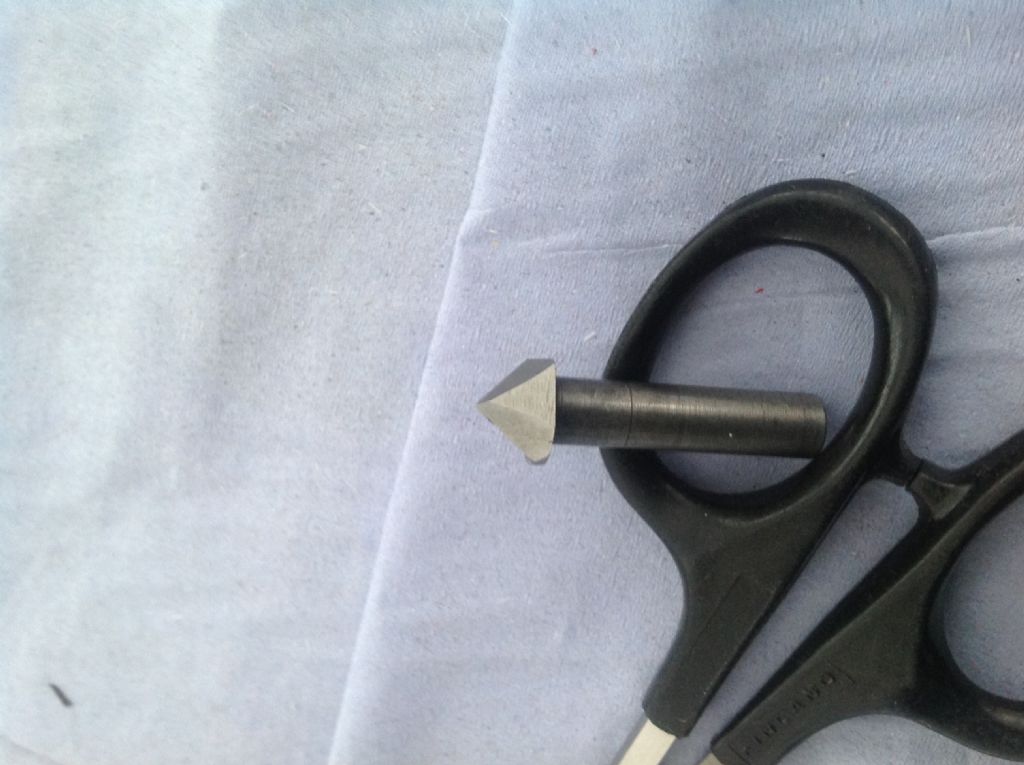Drilling tiny holes.
Drilling tiny holes.
- This topic has 18 replies, 16 voices, and was last updated 8 March 2017 at 14:04 by
JimmieS.
Viewing 19 posts - 1 through 19 (of 19 total)
Viewing 19 posts - 1 through 19 (of 19 total)
- Please log in to reply to this topic. Registering is free and easy using the links on the menu at the top of this page.
Latest Replies
Viewing 25 topics - 1 through 25 (of 25 total)
-
- Topic
- Voices
- Last Post
Viewing 25 topics - 1 through 25 (of 25 total)






